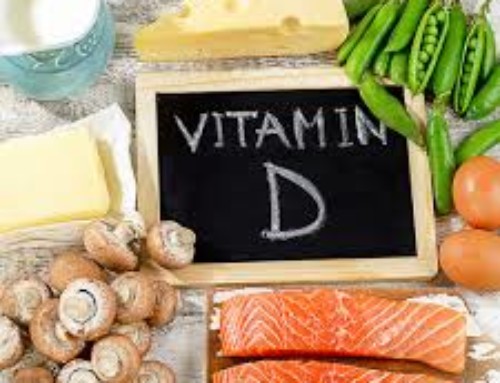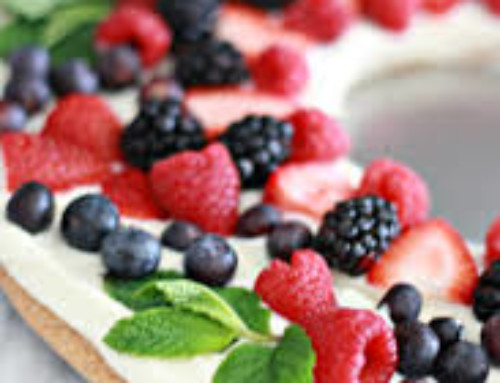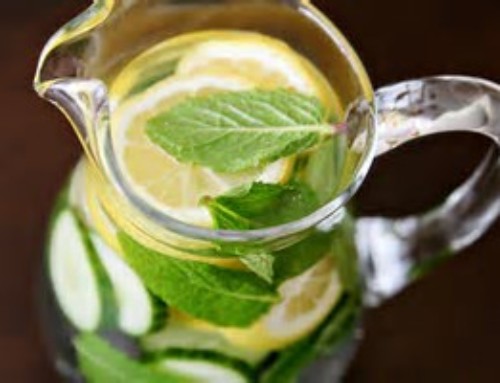Herpes is caused by the herpes simplex virus (HSV). There are two types of herpes simplex: HSV-1 and HSV-2. HSV-1 has traditionally been isolated to sores in the mouth area, but it is increasingly being found on the genitals. HSV-2 primarily causes genital outbreaks. According to the Centers for Disease Control and Prevention, about one in six people aged 14 to 49 years have genital HSV-2.
Once you are infected with the herpes virus it remains with you for life, alternating between dormant and active stages. Outbreaks can occur every few weeks, to once a year or less. Some people with herpes are asymptomatic. Others may experience itching or tingling prior to an outbreak of painful blisters on the lips, nose, chin, or genitals. Flu-like symptoms may accompany an outbreak. Herpes is highly contagious. It is most easily spread when lesions are visible, but it can be passed on even when the virus is dormant. It is important to wash hands frequently during outbreaks to prevent the spread of infection.
While there is no cure for herpes, positive lifestyle changes can help to lessen the severity and duration of symptoms, and prevent recurrences. Common triggers of herpes outbreaks include certain foods (see below), food allergies, colds and other recurring viral infections, fatigue, stress, sunburn, and menstruation. Keeping your immune system strong is key to preventing herpes outbreaks. In addition to following a proper diet, drink plenty of water, aim for 7 to 8 hours of sleep per night, breathe fresh air, and exercise regularly.
A diet high in lysine and low in arginine is helpful in controlling herpes outbreaks. Lysine is an amino acid that seems to inhibit the virus. A randomized, double-blind, placebo-controlled study of forty-one patients found that large doses of lysine (1,000 mg three times per day), along with eliminating nuts, chocolate, and gelatin (high-arginine foods), decreased the recurrence rate of herpes simplex attacks. The University of Maryland Medical Center sites several studies that show regular lysine supplementation may help prevent outbreaks. For best results, avoid foods with the highest arginine/lysine ratio: chocolate, peanuts, and almonds. Other high-arginine foods include: coffee, gelatin, buckwheat, Brazil nuts, cashews, flaxseeds, hazelnuts, pecans, sesame seeds, sunflower seeds, walnuts, and peas.
It is also important to avoid major food allergens, particularly gluten, and other foods that trigger herpes outbreaks in you. While limiting high-arginine foods, increase foods rich in lysine such as fresh fish, yogurt, potatoes, and brewer’s yeast.
Nutritional supplements shown to be effective against herpes include zinc, vitamin C, and lysine. Topical application of vitamin C, lemon balm, and licorice can help reduce pain and healing time.
Until next time, make every bite count!








Leave A Comment
You must be logged in to post a comment.